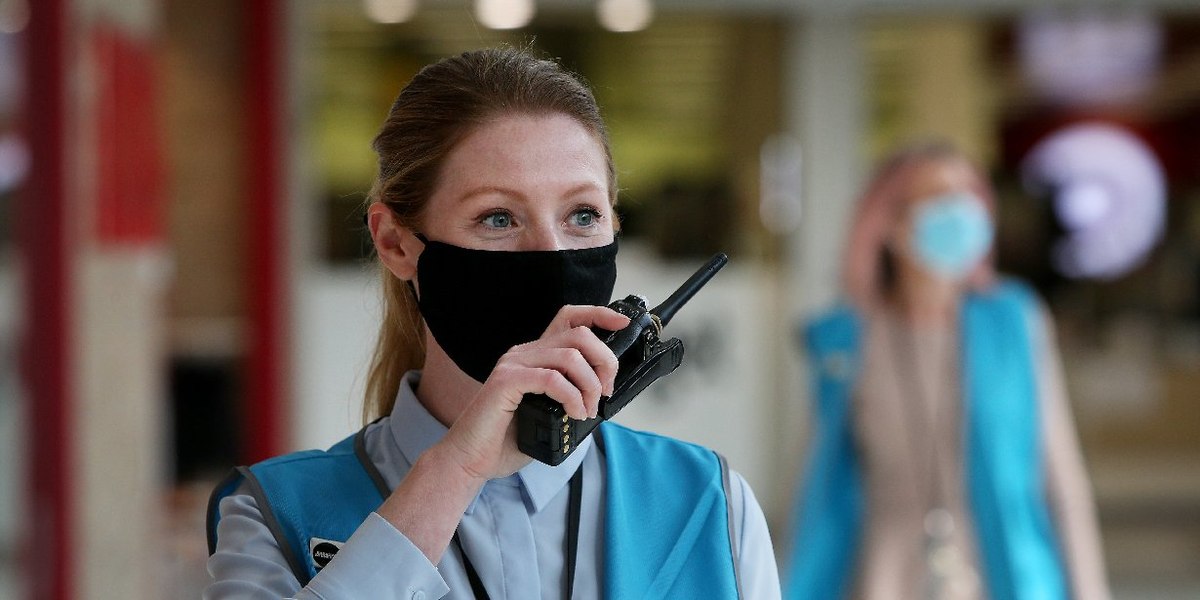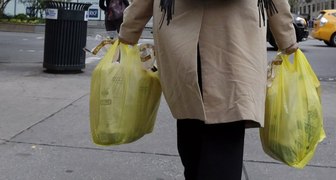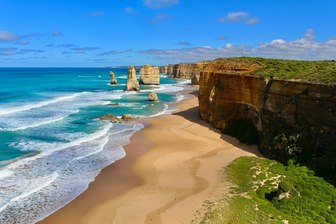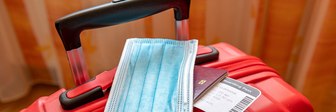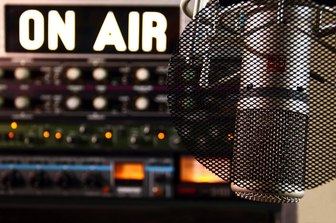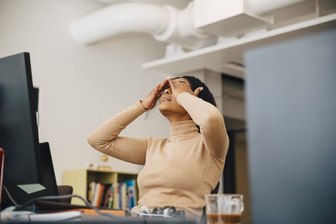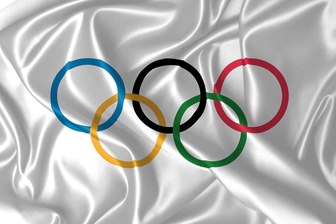Fear and face mask usage are up, but attitudes in many other ways remain unchanged
As Victoria is afflicted by a second, even deadlier, wave of coronavirus, a new round up of YouGov tracker data reveals the impact on the public mood across Australia. The fieldwork for this latest survey was from 30 July to 2 August, and so does not yet reflect the public reaction to the state of disaster declaration in Victoria or the Melbourne curfews.
In mid-June fully 87% of Australians said that the national coronavirus situation was improving. Over the following two weeks this figure fell to 52% as new cases began to rise once again.
Now, as of the beginning of August, just 17% still think things are getting better, while 77% say the situation is deteriorating.
Fear of catching the virus ticked up from 45% in early July to 52% now, the highest level since mid-April.
Face mask usage has surged to 41%, more than twice the level it had been in June, no doubt in part because they were made mandatory in Melbourne and Mitchell Shire. This is the highest rate it has been since the beginning of the crisis, and is likely to rise higher still in our next survey wave following the extension of the mask order to cover the whole of Victoria. New South Wales has also since recommended their use.
Australians are, nevertheless, still far less likely to wear protective face gear than people in any of the 26 markets YouGov surveys except for Scandinavia.
The outbreaks have yet to have any noticeable impact on other behaviours, however, with Australians avoiding crowded places (71%), practicing personal hygiene (71%) and refraining from touching objects in public (58%) at the same rate as they had in June.
Likewise, there has been no obvious effect on support for actions the government could take to combat the virus. Opposition to allowing flights into the country remains high (63%), and forcing arrivals to quarantine is more popular still at 80%.
The only exception is the belief that the government should provide the population with free face masks, which has risen from 43% to 56% since early July.
